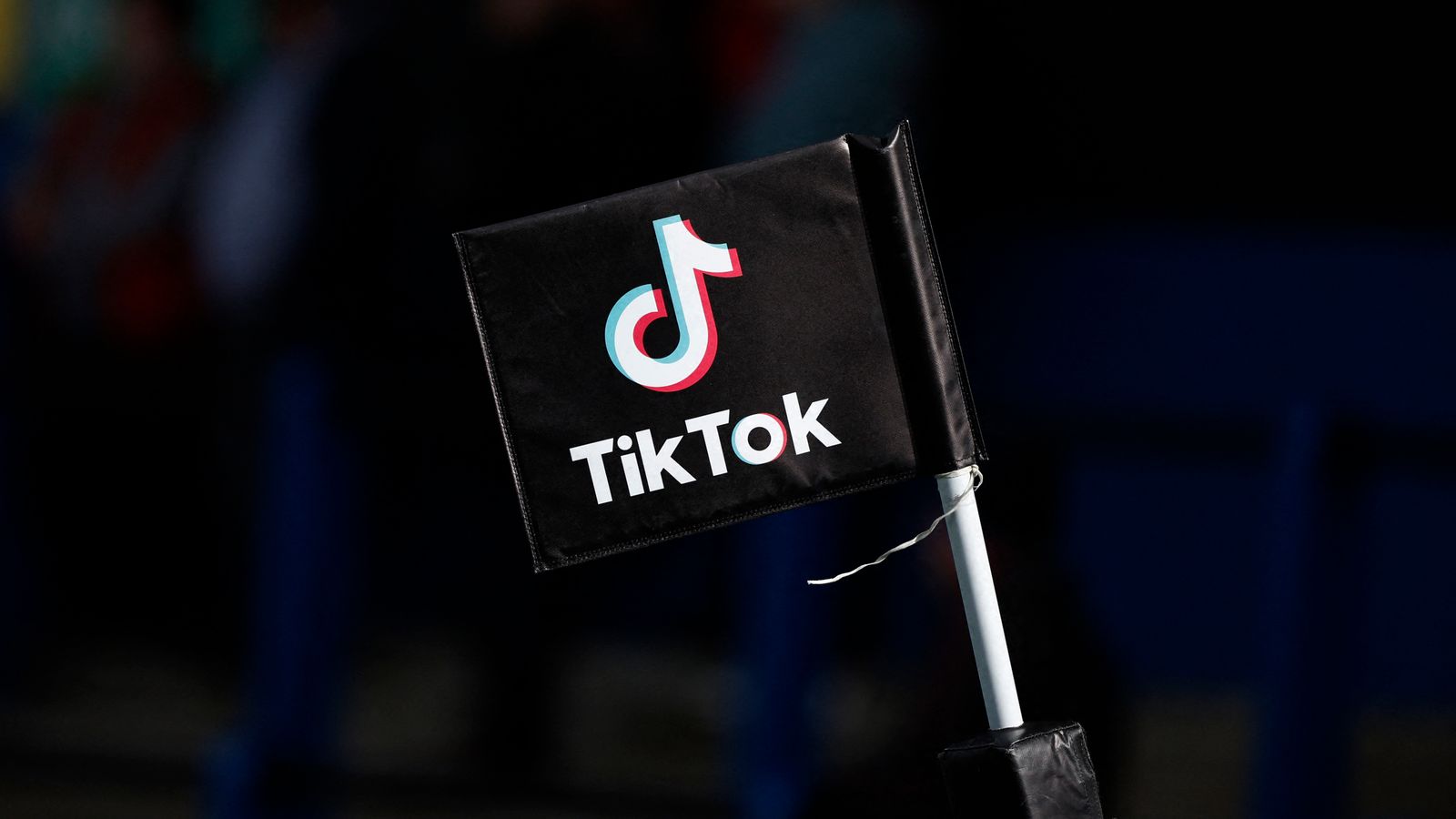TikTok’s Chinese owners are facing the prospect of the video app being banned in the United States unless they sell its American operation.
A vote by the US House of Representatives has overwhelmingly supported a measure to force ByteDance into divestment within six months on national security grounds.
The Bill still needs to pass the Senate to become law.
President Biden’s White House has stated it would support the legislation.
However, the ratification process would likely be held up by lengthy legal challenges.
Mr Biden’s challenger in the looming presidential election, Donald Trump, has made it clear he would be against a ban.
Supporters argue the Bill is about protecting Americans and not banning TikTok.
The Bill contends the Chinese firm is effectively under the control of the government in Beijing – a regime that could demand access to data on millions of its, mainly young, US users at any time.
That belief is based on a Chinese law that compels companies to assist with intelligence gathering when requested.
ByteDance denies that it applies.
It said in a statement ahead of the vote: “This legislation has a predetermined outcome: a total ban of TikTok in the United States.”
“The government is attempting to strip 170 million Americans of their Constitutional right to free expression,” it added.
It is unclear whether China would permit any sale of TikTok’s US assets and what tit-for-tat measures it may choose to impose in response to any sale or ban.
Read more on TikTok:
What would US ban mean and could it happen in UK?
Representative Cathy McMorris Rodgers said: “We have given TikTok a clear choice: separate from your parent company ByteDance, which is beholden to the CCP (the Chinese Communist Party), and remain operational in the United States, or side with the CCP and face the consequences. The choice is TikTok’s.”
The Senate is widely expected to subject the Bill to greater scrutiny.
TikTok points out there is no Chinese state ownership within ByteDance or representation on its board.
Crucially, it says it is incorporated outside of China – a fact that seeks to distance TikTok and ByteDance from coming under the influence of the Chinese intelligence law on information-sharing.
Alex Haurek, a TikTok spokesperson, said: “We are hopeful that the Senate will consider the facts, listen to their constituents, and realise the impact on the economy.”
If it were to pass, the company would have 165 days to file any appeals from the date it is signed into law by the president.
It would almost certainly mean there is no prospect of a potential ban under the current Biden presidency.

